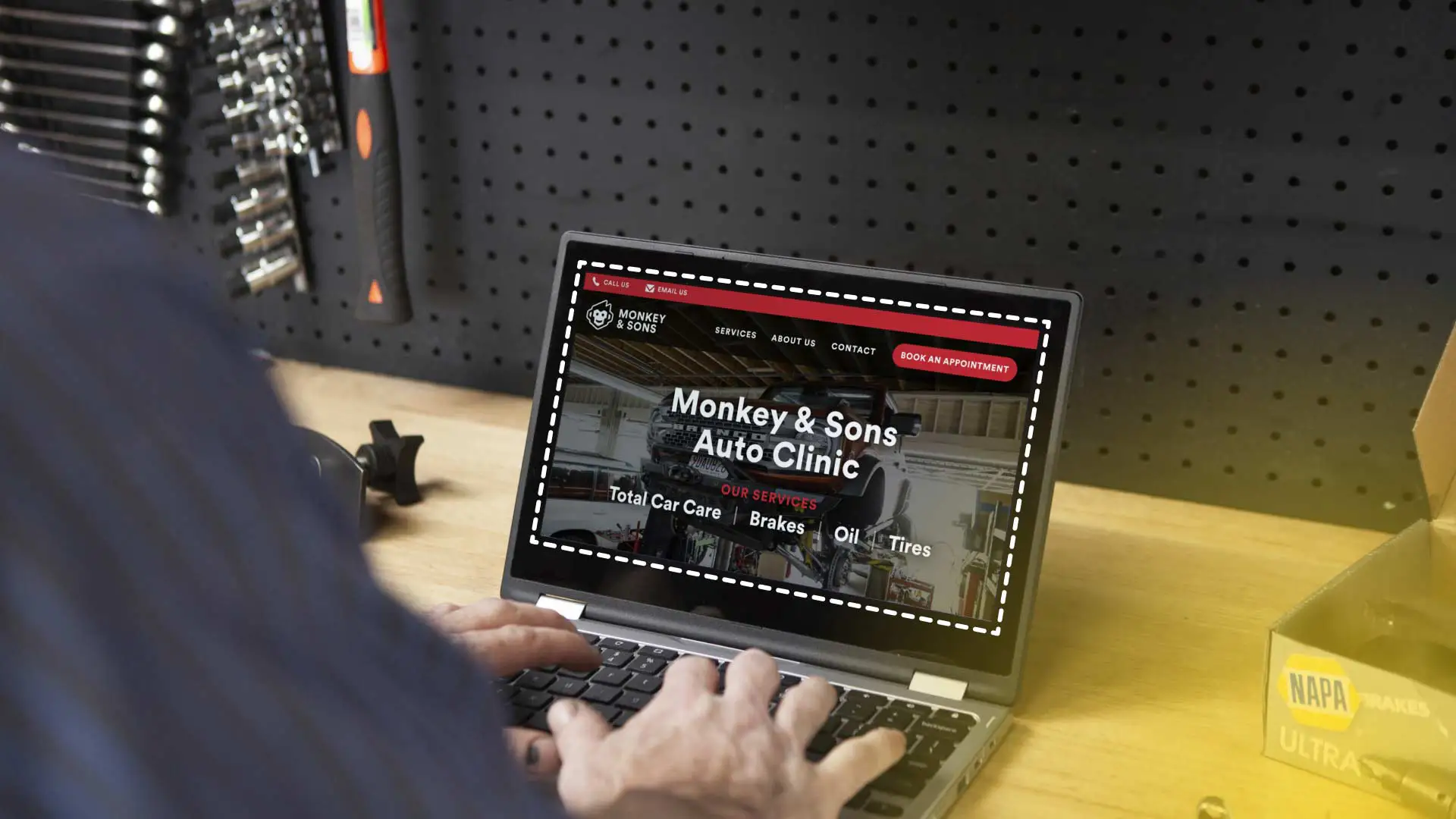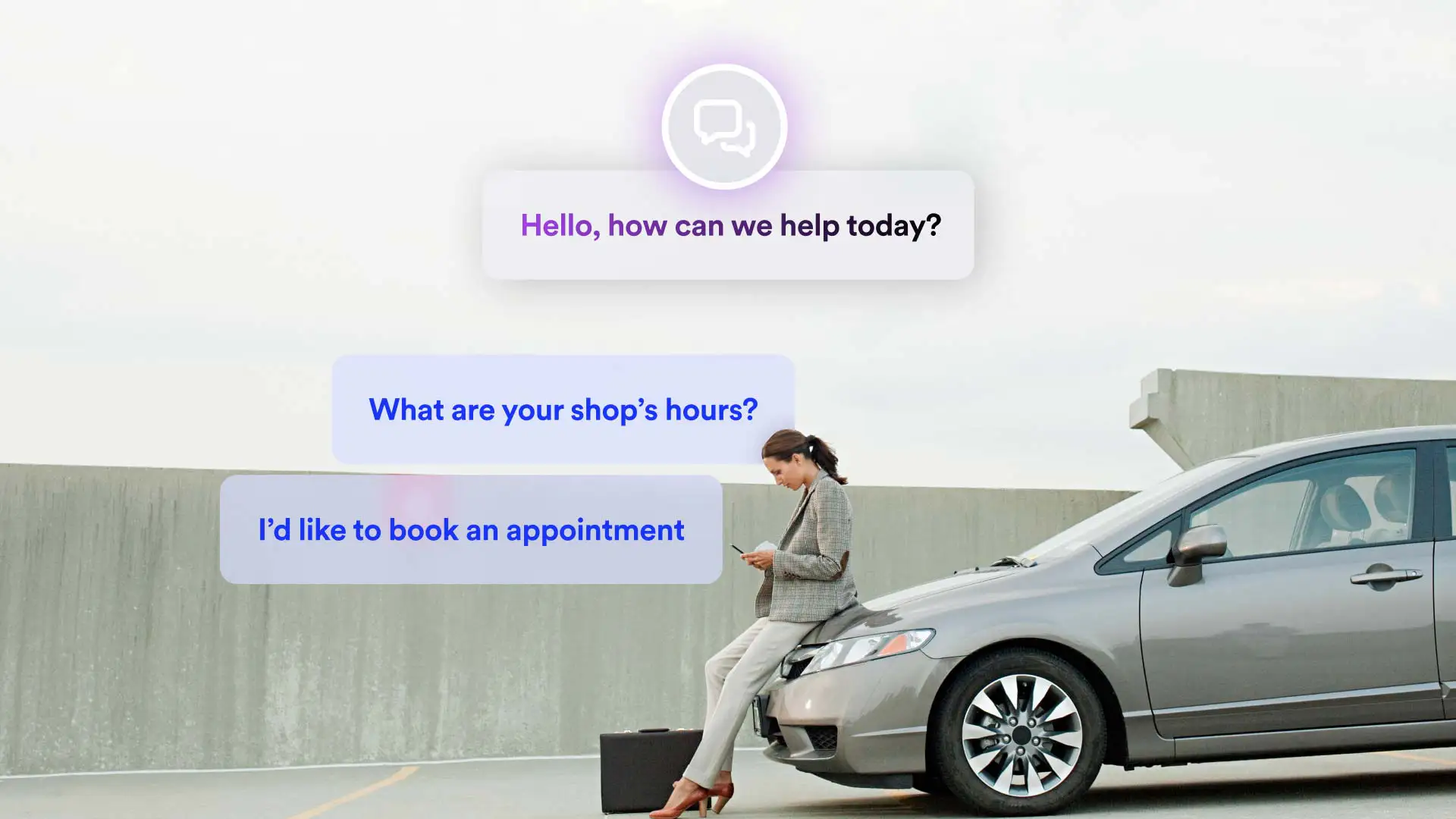This post summarizes "The Road to Profits with Shop Processes & Efficiency," the first episode in Shopmonkey's The Road to Success Speaker Series. The guest of the hour, the entrepreneur and founder of Titan Motoring CEO Philip Lindsley, takes the floor to detail some best practices shops can use to maximize their revenues and, ultimately, turn a profit.
Shopmonkey host Lukasz introduced Lindsley; his accomplishments include achieving a gross revenue of $10M in 2022 and being named the Mobile Electronics Association Retailer of the Year.
With a steady supply of slides featuring tips, best practices, and photos of desirable showroom floors, Lindsley delivered a comprehensive presentation about what shops need to match his success in the game.
Shop Management Software
We start with the benefits of shops ‘going digital’ with modern software options. He discussed the value of Shopmonkey’s product from several different angles, including its ability to consolidate, into one offering, what his shop was previously using “six different programs for,” Lindsley estimated. Some of the most valuable benefits of managing the shop with Shopmonkey include its customization of workflows, its inventory tracking capabilities, and support for multiple users.
Lindsley also touched on the worth of , which is critical for reducing liability (what Lindsley called “incidentals”) when picking up and returning vehicles and being held accountable for minor damage that wasn’t previously seen. “If you pick up a car from the dealership and take it to the shop, it’s necessary to eliminate that risk,” Lindsley explained. “They can say this scratch wasn’t there when we gave it to you, and we can send pictures. It cuts out those liabilities.” He mentioned another shop saved approximately $92,000 in ‘incidentals’ by using digital vehicle inspections. Another one of Lindsley's best practices is to streamline all customer communication—instead of employees using their personal phones for it—so when they leave the shop they don’t take your customers with them.
Employee Handbooks and Processes
Lindsley also commented on how helpful employee handbooks are for laying things out “in black and white. It eliminates gray areas.” In particular, these handbooks explicitly state what tasks are and aren’t part of employees’ jobs, what the proper dress code is, as well as “paid time off, vacation and sick time policy, benefits, pay rates, and raise schedules,” Lindsley added. He let us know, “Payroll companies will actually write you a handbook. Will it be perfect? No. But, it will get you started.”
Lindsley uses employee handbooks to establish policies for employees using personal phones on the job and for negligent damage. “The first time is on the shop,” Lindsley advised. “The second time is 50-50 (between the shop and the offending employee). The third time is all on the employee.” Shops should also spell out the specific procedures for different types of jobs. Examples include things like “tire procedures and alignment procedures,” Lindsley remarked. Because these things are evolving regularly, you need to be looking at them every 60 days.”
Labor Rates and Profits
We also break down the relationship between labor rates and profits. As a best practice, Lindsley advocated shop owners to find a local Mercedes shop in their area, determine their labor prices, and “use that as a metric for what you charge.” Other factors to consider when determining what labor rates to charge for shops to turn a profit include “looking at your overhead, your employee payroll, and make sure you’re profitable."
He also mentioned the importance of a competitive labor rate to “grow your company and hire qualified employees.” A particularly compelling slide showed different labor rates for Lindsley’s shop, spanning from $100 an hour as a standard rate to $250 an hour if someone tells the shop how to do the job. Additionally, the appearance of the shop, its cleanliness, and its overall vibe have to match the labor prices. Otherwise, customers won’t be inclined to pay those labor rates.
Interested in learning more? Jump to the section you want more of:
0:00 Introduction
1:58 About Titan Motoring
3:04 Overview
4:14 Shop Management Software
19:00 Employee Handbooks
24:36 Processes & Procedures
29:44 Labor Rates
40:04 Shop Supplies
45:06 Profits
Or watch the full episode in the video below:
Get under the hood and see it for yourself. Request a demo and discover how Shopmonkey can boost your processes, efficiency, and revenue.




